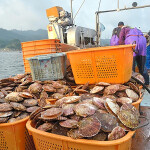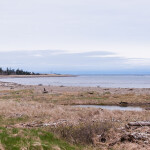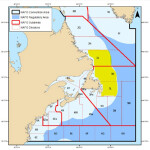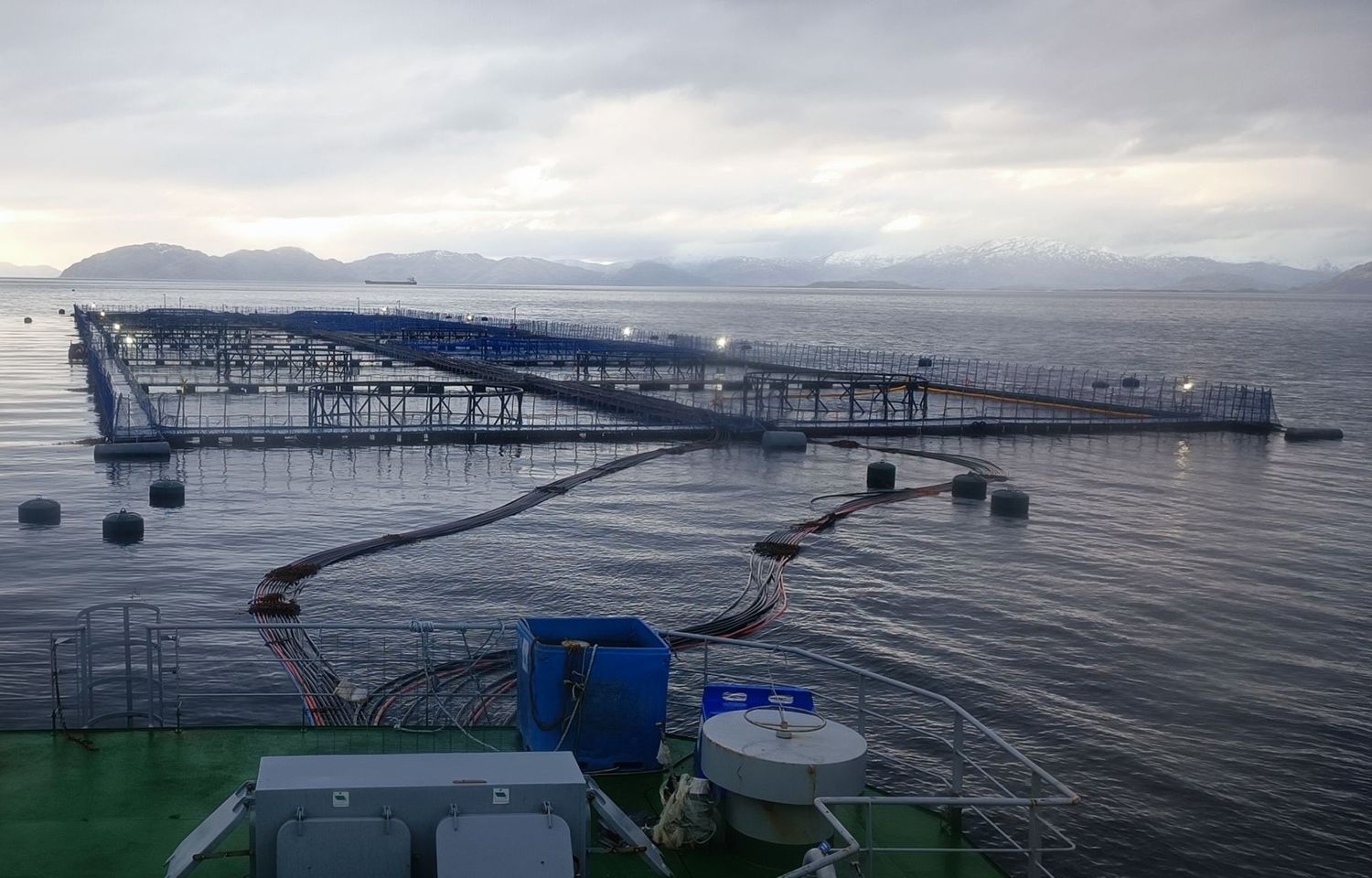Chile’s Superintendence of the Environment (SMA) has initiated a sanctioning procedure against salmon-farming firm Blumar due to overproduction at one of its grow-out centers in the Kawésqar National Reserve.
According to Blumar’s environmental license, the Córdova 1 grow-out center has a maximum authorized production of 5,875 metric tons (MT).
Through complaints filed by the National Fisheries and Aquaculture Service (Sernapesca) against Blumar in 2023 and by the environmental NGO Fundación Terram in 2024, SMA verified that during the 2019 to 2021 production cycle, harvested biomass at Córdova 1 reached 6,337 MT, with mortality amounting to 203 MT, comprising total production of 6,540 MT, alleging Blumar exceeded its total production limit by 665 MT, or 11 percent.
Following the complaints, SMA has brought charges against Blumar alleging a serious breach of its environmental license. Such infractions may be subject to revocation of the environmental license, closure, or a fine of up to the equivalent of CLP 3.9 billion (USD 4.3 million, EUR 4 million).
Environment Superintendent Marie Claude Plumer said the case is part of SMA’s strengthened oversight of the aquaculture sector.
“This particular case is of special relevance as it is located in a protected area with key conditions for ecosystem balance,” she said. “The call is for the owners to always comply with environmental regulations and with what they were authorized to operate. It is an imperative and part of the rules of the game for all those who develop economic activity.”
Blumar will have 10 business days to present a compliance program and 15 business days to formulate its defense.
Blumar is one of nine salmon-farming companies that Fundación Terram recently accused of overproduction in Chilean national reserves from 2012 to 2023, resulting in the harvest of more than 67,000 MT of salmon above authorized limits. The NGO said none of the companies named have yet faced any punitive measures.
According to Fundación Terram, Blumar committed 17 infractions of overproduction resulting in 12,315 MT of overproduction, trailing Australis Mar, which had a reported 23 cases of overproduction, resulting in 22,708 MT of overproduction.
Though Fundación Terram praised SMA for ramping up its enforcement and environmental monitoring. At the beginning of the year, SMA warned the salmon industry to follow the law when it comes to environmental stewardship. It also recently initiated a sanctioning procedure against the owners of the Chesque Alto salmon farm for significantly modifying the farm without acquiring required environmental permits.
Chile’s Kawésqar National Reserve has been a flashpoint of tensions between the salmon-farming industry and environmental groups, which have pushed for more protections of the natural area. In May 2022, National Geographic released a documentary advocating for the protection of the reserve's coastline from further commercial salmon-farming development.








